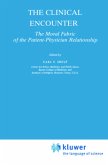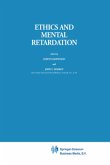to the Moral Challenges H. Tristram Engelhardt, Jr. and Aaron E. Hinkley 1 Taking Finitude Seriously in a Chinese Cultural Context Across the world, health care policy is a moral and political challenge. Few want to die young or to suffer, yet not all the money in the world can deliver physical immortality or a life free of suffering. In addition, health care needs differ. As a result, unless a state coercively forbids those with the desire and means to buy better basic health care to do so, access to medicine will be unequal. No co- try can afford to provide all with the best of care. In countries such as China, there are in addition stark regional differences in the quality and availability of health care, posing additional challenges to public policy-making. Further, in China as elsewhere, the desire to lower morbidity and mortality risks has led to ever more resources being invested in health care. When such investment is supported primarily by funds derived from taxation, anincreasing burden is placed on a country's economy. This is particularly the case as in China with its one-child policy, where the proportion of the elderly population consuming health care is rising. Thesepolicychallengesarecompoundedbymoraldiversity. Defacto,humansdo not share one morality. Instead, they rank cardinal human goods and right-making conditions in different orders, often not sharing an af?rmation of the same goods or views of the right.
Bitte wählen Sie Ihr Anliegen aus.
Rechnungen
Retourenschein anfordern
Bestellstatus
Storno








